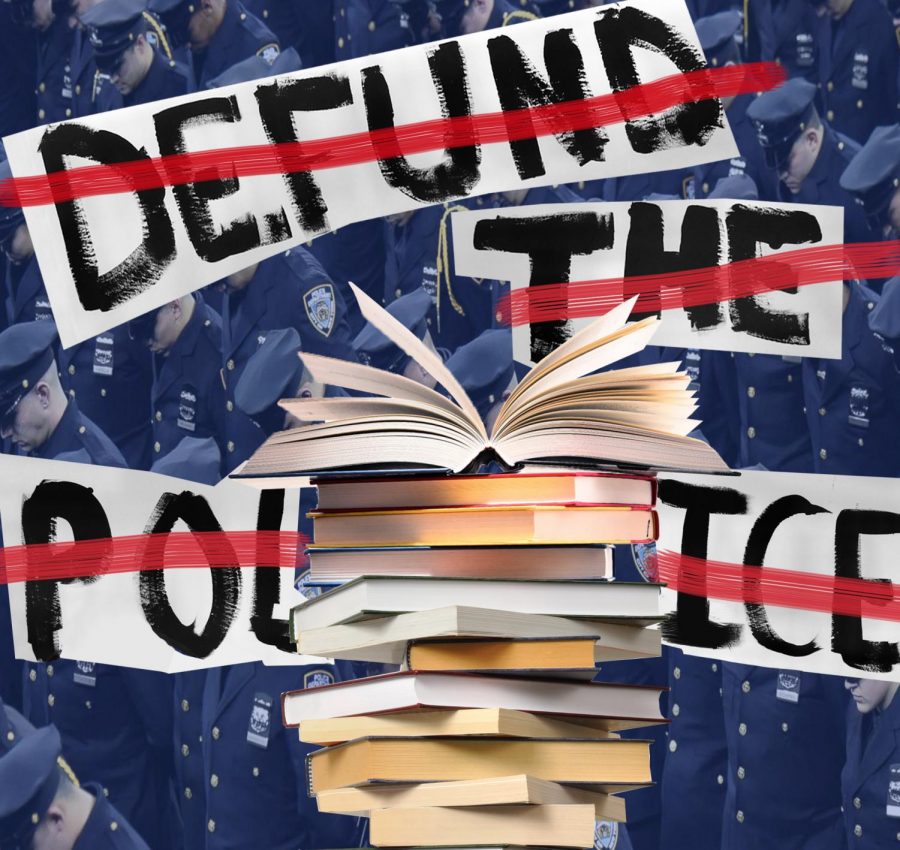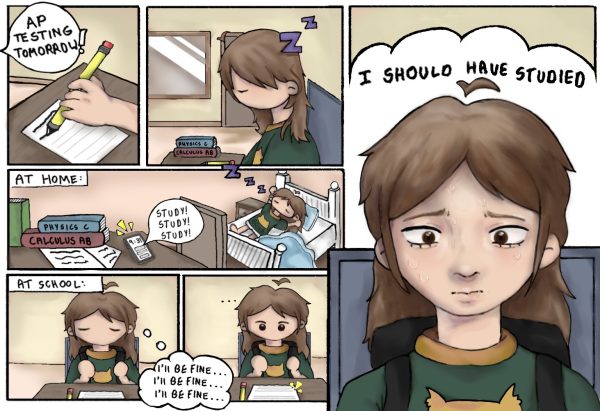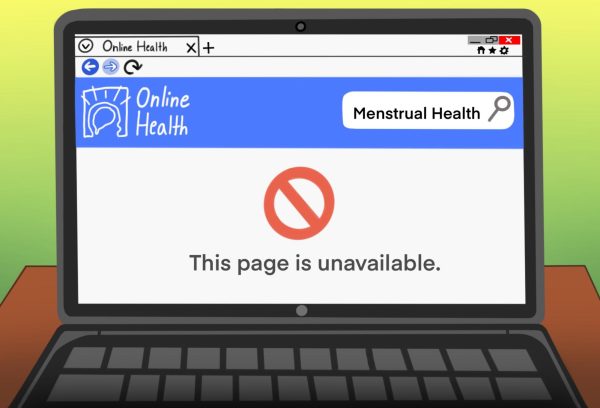Five Months, or Four Years?
Opinion Editor Natalie DiCesaris makes argument that police officers should get the same amount of training as professions with four-year degrees
George Floyd, Breonna Taylor, and Elijah McClain. The deaths of these Black Americans sparked public outcry and protests to “defund the police” in order to end police brutality. But there is an additional solution to prevent corruption and violence in America’s police departments: Extend police academy training time.
“Defund the police” doesn’t mean stripping funding from police departments. Rather, it means creating “accountability and safety and transformative justice,” in the nation’s police departments, according to the PBS article, “What is the ‘defund the police’ movement?” . The insufficient training of law enforcement is a major problem, and funding extended classroom training time will create a more effective, and less violent, police force.
Currently, to become a police officer, the Long Beach Police Academy requires a five month commitment from a candidate. In comparison, to become a teacher, it takes four years to receive a Bachelor’s degree, and another year to earn certification. The fact that it takes five years for someone to become a high school teacher, and only five months to become a firearm-carrying police officer, is an issue that needs to be addressed. Even just two additional years of training on how to deescalate dangerous situations and manage emergencies might provide better outcomes between police and citizens.
Some might argue that police spend less time in the classroom because most of their experience happens in their first year of field training. However, field training is no substitute for extended training in ethics, cultural diversity, and conflict management.
The standard course for the LAPD in California requires a minimum of 664 hours, or 21 weeks, of training according to the U.S. Department of Justice. To become a police officer one must pass a short cultural diversity program, “mandated training” (which includes firearms training and investigators training), and an ethics program. Two of the many complex concepts taught in the four hour ethics program are: whether to give information out to protect third parties from harm and police officers’ response to discretion, deception, peer pressure, use of force, and corruption. Currently, the training needed to make quick life changing decisions along with a psych interview and background check are condensed into a five-month program.
Another benefit of a longer and more subsidized training period would be expanding the roles of police officers. “We train police to be warriors,” Roge Karma, in an article on Vox, said. “[Police] are mainly called upon to be social workers, conflict mediators, traffic directors, mental health counselors, detailed report writers, [and] neighborhood patrollers, all in the span of a shift.” Social workers spend four years getting their degree, but it’s police, with only months of training, who are called to mediate non-emergency situations. By extending the length of classroom learning, the material in it could allow officers to be more prepared for the many scenarios and conflicts they will experience in the field.
I, like most, want the same thing: An end to police brutality. But there are more thoughtful and effective ways to fix this problem and still have an institution that keeps our communities safe. Removing money from law enforcement is not the answer; instead, we should put more time and resources into their training so that they enter their fields with the same breadth and depth of study as our lawyers, doctors, teachers, and crisis counselors.
Your donation supports the student journalists at Brea Olinda High School! The contribution will help us purchase equipment, upgrade technology, and cover our annual website hosting costs.

Natalie Di Cesaris, a junior, is excited to start her second year as opinion editor for the Wildcat newspaper staff. She competes on varsity swim and water...
Charlize Chiang, senior, is a Photo Manager and Illustrator for the Wildcat and returns for her third year on staff. She competes for varsity tennis, and...








